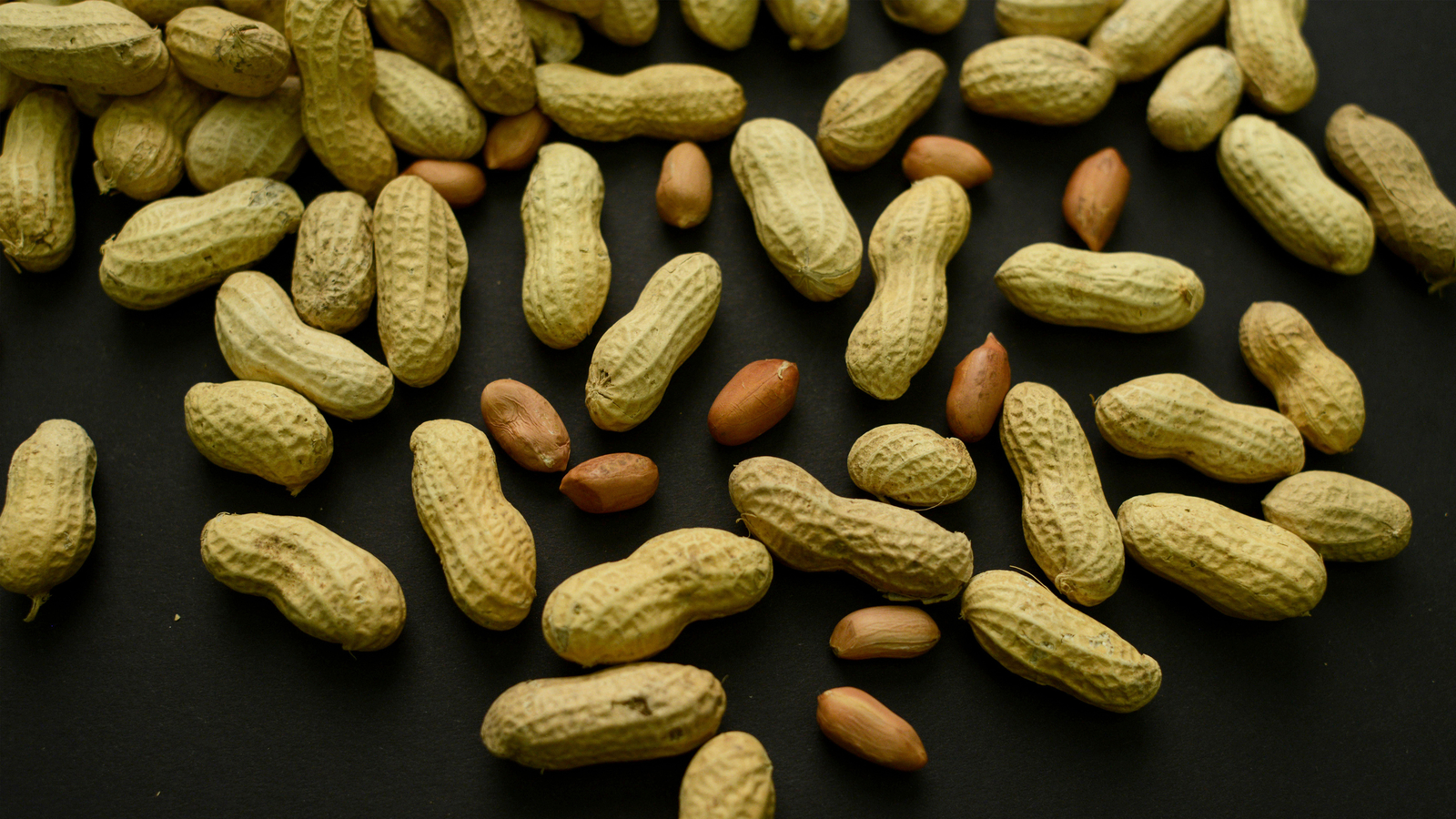
"About 60,000 children have avoided developing peanut allergies after guidance first issued in 2015 upended medical practice by recommending introducing the allergen to infants starting as early as 4 months. "That's a remarkable thing, right?" said Dr. David Hill, an allergist and researcher at Children's Hospital of Philadelphia, and author of a study published Monday in the medical journal Pediatrics. Hill and colleagues analyzed electronic health records from dozens of pediatric practices to track diagnoses of food allergies in young children before, during and after the guidelines were issued."
"The researchers found that peanut allergies in children ages 0 to 3 declined by more than 27% after guidance for high-risk kids was first issued in 2015 and by more than 40% after the recommendations were expanded in 2017. The effort hasn't yet reduced an overall increase in food allergies in the U.S. in recent years. About 8% of children are affected, including more than 2% with a peanut allergy."
Introducing peanut products to infants as early as four months reduced peanut allergy diagnoses in children aged 0–3 by more than 27% after 2015 guidance and by over 40% after 2017 expansion. Approximately 60,000 children have avoided developing peanut allergies since these recommendations. Overall food allergy prevalence among children remains around 8%, with over 2% affected by peanut allergy. Peanut allergy occurs when the immune system wrongly identifies peanut proteins as harmful and releases chemicals that cause hives, respiratory symptoms and sometimes life-threatening anaphylaxis. Prior guidance had advised delaying allergenic foods until age three.
Read at ABC7 Los Angeles
Unable to calculate read time
Collection
[
|
...
]